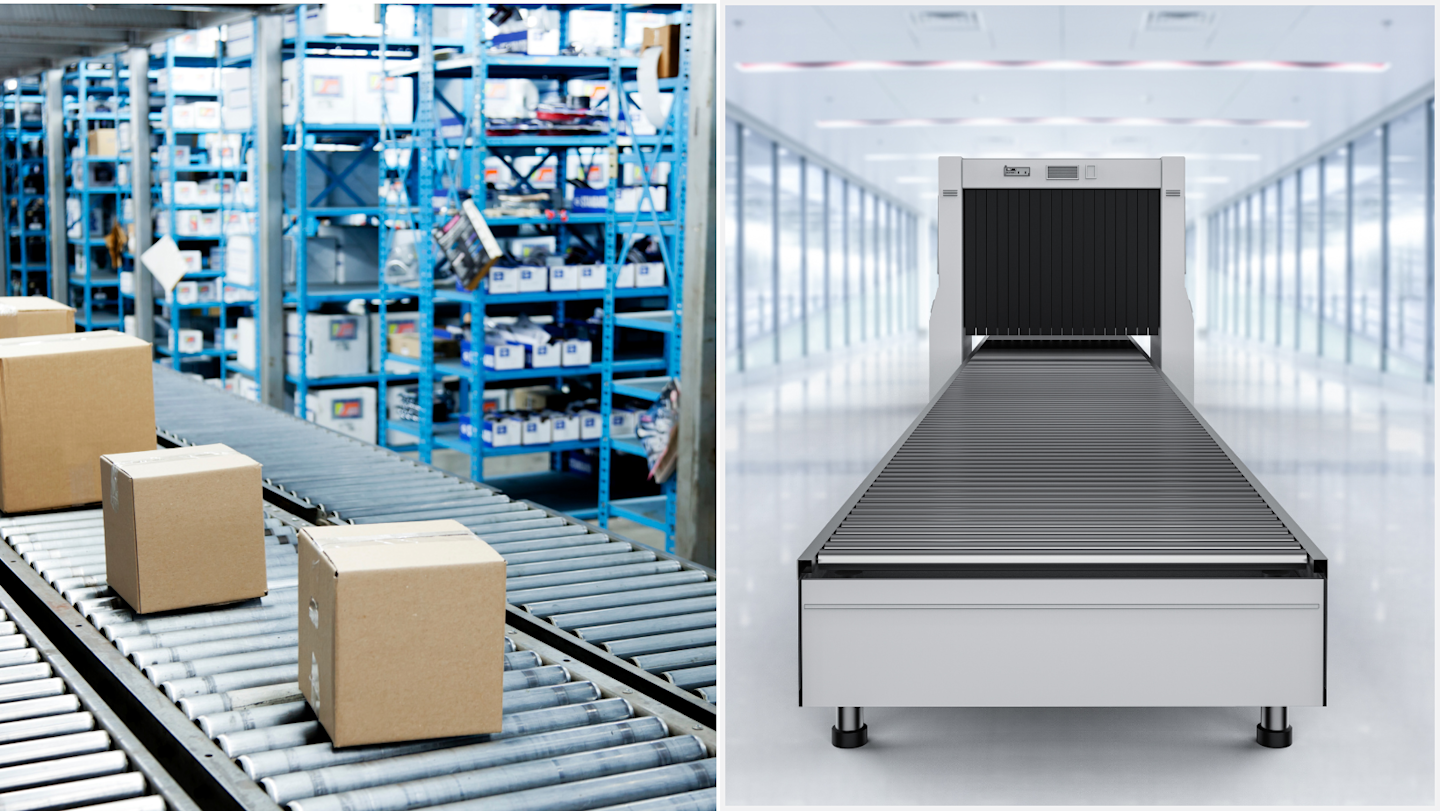
In today’s fast-moving, efficiency-driven manufacturing world, companies are increasingly asked to do more with less — less energy, less downtime, and less waste. While most sustainability conversations tend to focus on packaging or energy sources, there’s a quieter contributor playing a significant role in the background: the material behind your conveyor components.
Enter Delrin®, a high-performance acetal plastic that’s helping industrial designers and plant operators build smarter, more sustainable material handling systems — one conveyor belt at a time.
What is Delrin® Material & Why Does it Matter in Conveyors?
Delrin® is a proprietary homopolymer acetal plastic (also known as polyoxymethylene, or POM) developed for applications that require strength, stiffness, low friction, and dimensional stability. If you’ve ever asked, “What is Delrin material?” or “What is acetal?” — it’s a type of engineering thermoplastic that stands out from commodity plastics thanks to its toughness and performance under load.
In conveyor belting systems, Delrin is commonly used in plastic gears, chain links, sprockets, wear strips, and other precision-molded components where traditional metals or lower-grade plastics may fall short. Its balance of mechanical strength and lubricity makes it ideal for moving parts that are in near-constant motion — and often under stress.
Energy Efficiency: Lower Friction, Lower Power Draw
Friction isn’t just a mechanical concern, it’s an energy drain. Conveyor systems that rely on high-friction components require more motor power to keep belts moving, leading to unnecessary energy consumption and long-term wear.
Delrin® excels here, offering one of the lowest coefficients of friction among engineering thermoplastics. This naturally slippery surface reduces drag between moving parts, cutting down on the torque needed to drive conveyor lines. The result? Lower energy usage, quieter operation, and longer component life. In high-volume environments like food processing or automated packaging, these incremental energy savings add up to meaningful cost and environmental benefits over time.
Durability = Less Waste, Less Replacement
The longer a part lasts, the fewer resources are needed to replace or repair it. Delrin® acetal homopolymer is designed to withstand repetitive stress, mechanical load, and chemical exposure, which are common challenges in many industrial conveyor applications.
Unlike commodity plastics that may deform, crack, or swell under pressure, Delrin® material maintains its integrity over time. Its strength-to-weight ratio allows for thin-walled, lightweight parts that don’t compromise on durability, meaning fewer breakdowns and fewer parts sent to the landfill. With Delrin, you’re not just getting performance — you’re getting reliability that reduces maintenance and supports circular thinking.
Lightweighting for Smarter System Design
In heavy-duty applications like belting, hoses, seals, and enclosures, flexibility must come with durability. These components are often exposed to abrasion, impact, chemicals, and extreme temperatures.
Delrin® offers high strength at low weight, allowing engineers to replace heavy metal parts without sacrificing function. In plastic gears and belting mechanisms, this translates to faster response times, smoother movement, and more compact design potential. For modular conveyor systems — where quick-change parts and flexible configurations are essential — Delrin® opens the door to modern, agile system design that puts less stress on both machines and people.
Food Grade, Low-Emission Options Available
In sensitive industries like food processing, beverage bottling, or pharma, acetal plastic is prized for its ability to meet stringent hygiene and regulatory standards. Select Delrin® grades are available with FDA compliance, NSF certification, or low-VOC emissions, making them ideal for clean environments.
These options not only reduce risk but also support broader sustainability goals around human health, safety, and compliance.
Conclusion: Sustainable Systems Start with Smarter Materials
Sustainability in material handling isn’t just about recycling or solar panels — it’s about making better choices at every level of the operation. From plastic gears to chain links and conveyor guides, choosing Delrin® for your system components is a powerful step toward higher efficiency, longer equipment life, and lower environmental impact.
So next time you're evaluating your conveyor belting setup, ask yourself: What is Delrin® material really doing behind the scenes? The answer might just change how you think about performance and sustainability — from the inside out.

